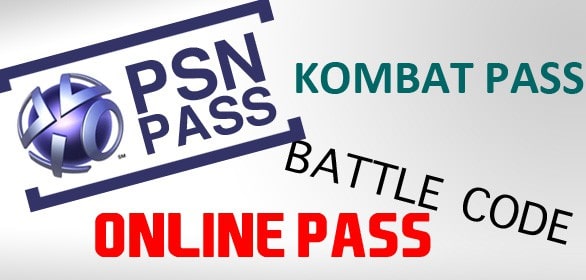Let me paint a picture for you, ladies and gents. One day in the not too distant future, the president of Ford decides he?s gotten sick of used automobile sales, concluding that they?re cutting into his bottom line. As a result, he decides to issue a press release. From now on, every motor vehicle sold will come with a special code which unlocks radio, air conditioning, and heating. If a vehicle is purchased from anywhere other than a car dealership, these features will be unavailable unless the purchasing party shells out extra cash for their own code.
Sounds pretty messed up, doesn’t it?
Now consider this situation: The games industry is rife with piracy and used game sales, which are lumped into a single category. One organization thinks up a masterstroke to deal with both problems ? each game will, at retail, come with an unlockable code which will allow players access to some intrinsic feature of the game: usually multiplayer. Anyone who pirates the game won?t have access to any of the online content unless they shell out for the pass. Unfortunately, people who buy the game used are lumped into the same category as those who don?t buy it at all ? unless they shell out for the Online Pass (or similar ?I bought this game? card), they cannot access the content.
It?s a piece of DRM that?s right up there with ?always-online? connectivity (which, thankfully, many developers have realized doesn’t work and only serves to piss off their consumers), and it smacks of the sort of entitlement you?d expect from a two year old ? hopefully, the Ford example serves to drive this point home a little bit. Yeah, piracy is bad, but used game sales are not piracy ? and taking such active, hostile steps to prevent them only polarizes developers and publishers against their customers.
Worse than that, it?s an inconvenience ? and that is precisely the reason why DRM so often fails. It?s been said before, and it needs to be said again: developers aren’t going to get anywhere by treating every one of their consumers like a potential criminal. At the risk of sounding like a broken record, Gabe Newell put it best:
?Piracy is almost always a service problem and not a pricing problem.?
Online Passes and their ilk aren’t, believe it or not, intrinsically broken. It?s simply the way they?re implemented that is. The concept could work, in some context ? but only if it doesn’t punish people for purchasing a resold game. Perhaps if a user purchases a used game, and can contact a developer with proof that they have a legitimate copy, they could be given a key. Or maybe they could set it up so that the pass doesn’t lock the user out of content they wouldn’t be able to earn on their own ? it simply gives people who’ve purchased a new copy a bit of a leg up on people who’ve got a copy they purchased used.
Or maybe the idea simply has to die, and along with it the idea that users are somehow obligated to purchase a title straight at retail.

